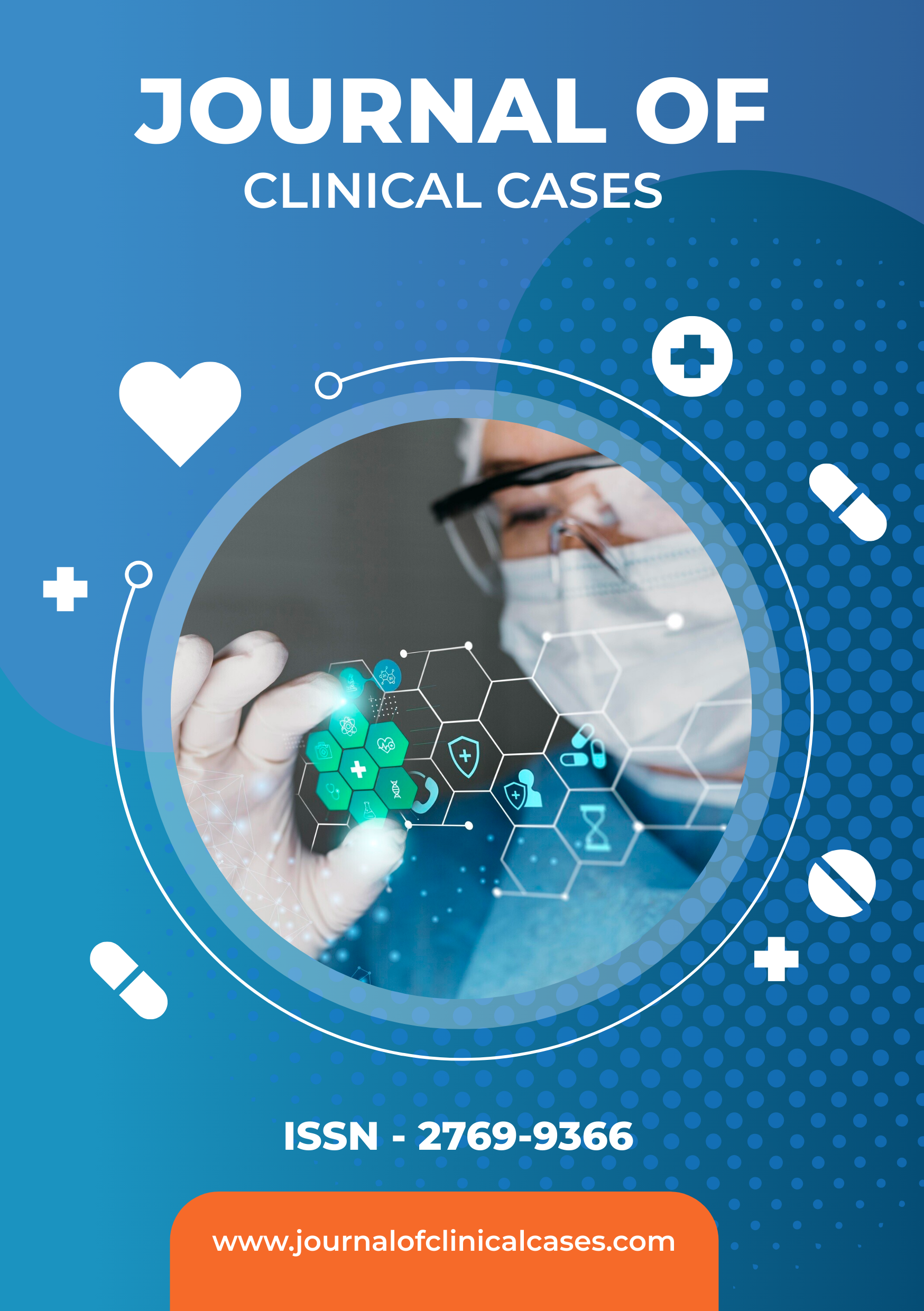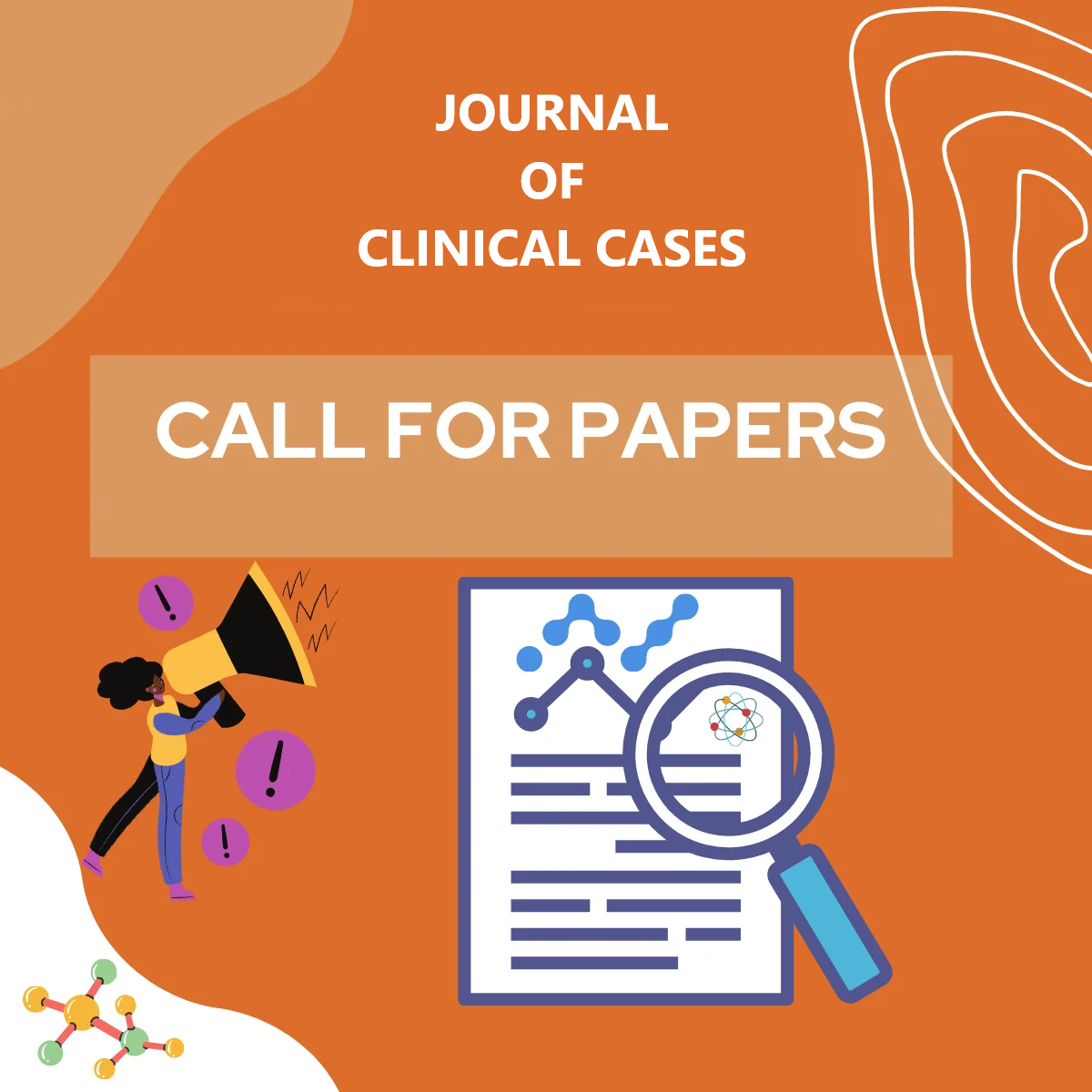Journal Citations
- Crossref
- PubMed
- Semantic Scholar
- Google Scholar
- Academia
- SCRIBD
- ISSUU
- Publons
- MENDELEY
Share This Page
Journal Page

Extrapulmonary Complications of SARS-CoV-2 Infection: Radiology Imaging
Abdallah Semaan, Ghady Rassy, Bassam Nouhra, Bernard Harbieh, Hany Khoury, Leah Gerges, Hilda E. Ghadieh, and Jihad Hawi,
Department
Department of Biomedical Sciences, Faculty of Medicine and Medical
Sciences, University of Balamand, Al-Koura, Lebanon.
Services Medico-Techniques, Department of Radiology, Hospital AlKoura, Al-Koura, Lebanon
These authors contributed equally to this work.
Corresponding Author: Hilda E. Ghadieh and Jihad Hawi
Published Date: 09 March 2024; Received Date: 16 February 2024
ABSTRACT
The coronavirus pandemic is a global pandemic of coronavirus disease 2019 (COVID-19) caused by severe acute respiratory syndrome coronavirus 2 (SARS-CoV-2). The virus targets mainly upper respiratory tract, however, it has been proven to cause complications in systems other than the respiratory system. In this article we will discuss the extrapulmonary complication caused by COVID-19.Among 222 hospitalized individuals due to COVID-19 in Al-Koura Hospital in Lebanon, 26 suffered from such complications, 17 of them were diagnosed with extrapulmonary complications, such as pneumopericardium, thromboembolism, muscular hematoma, stenosis of arteries, muscular abscess and pericardial effusion which was the most prevalent complication. Among the 17 patients with extrapulmonary complications, 8 had no past medical history and 9 with a history of hypertension, diabetes mellitus, heart failure or combination of them. Fisher test showed that the association between extrapulmonary complication and past medical history was statically insignificant. The pathogenesis of some of these complications is well documented; for instance, thromboembolismsis caused by a prophylactic treatment of COVID-19 as muscular hematomas. However, the pathogeneses of other extrapulmonary complications are still unknown such as muscular abscess and arterial stenosis. We are herein tackling those complications and the molecular pathways involved in their development, aiming at implementing effective treatment strategies.

